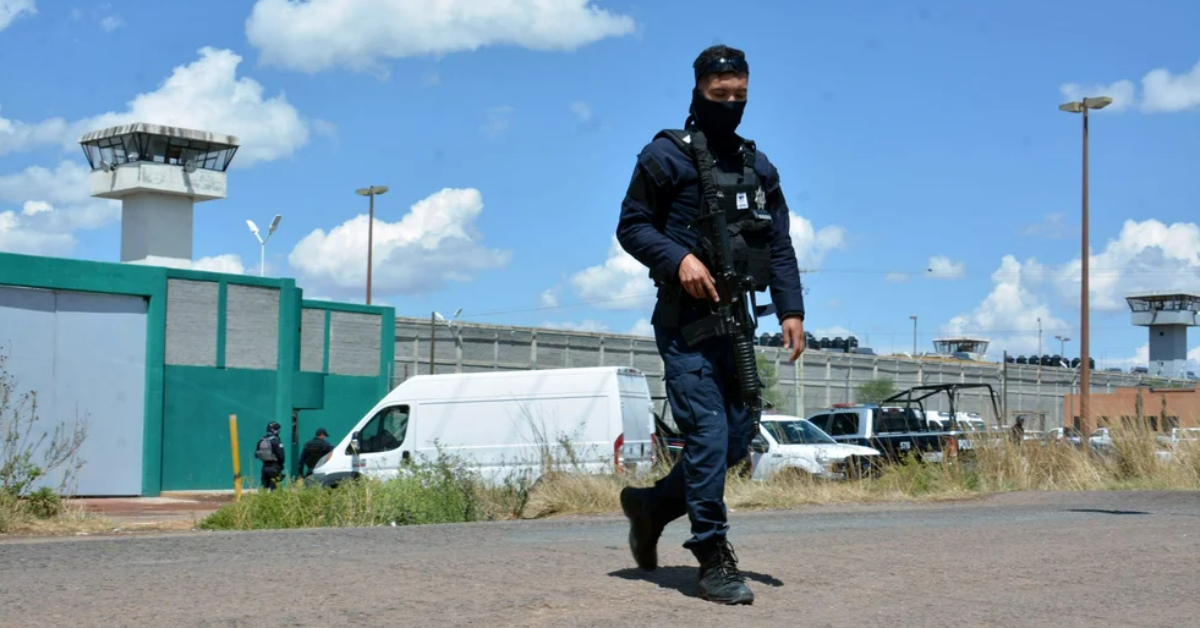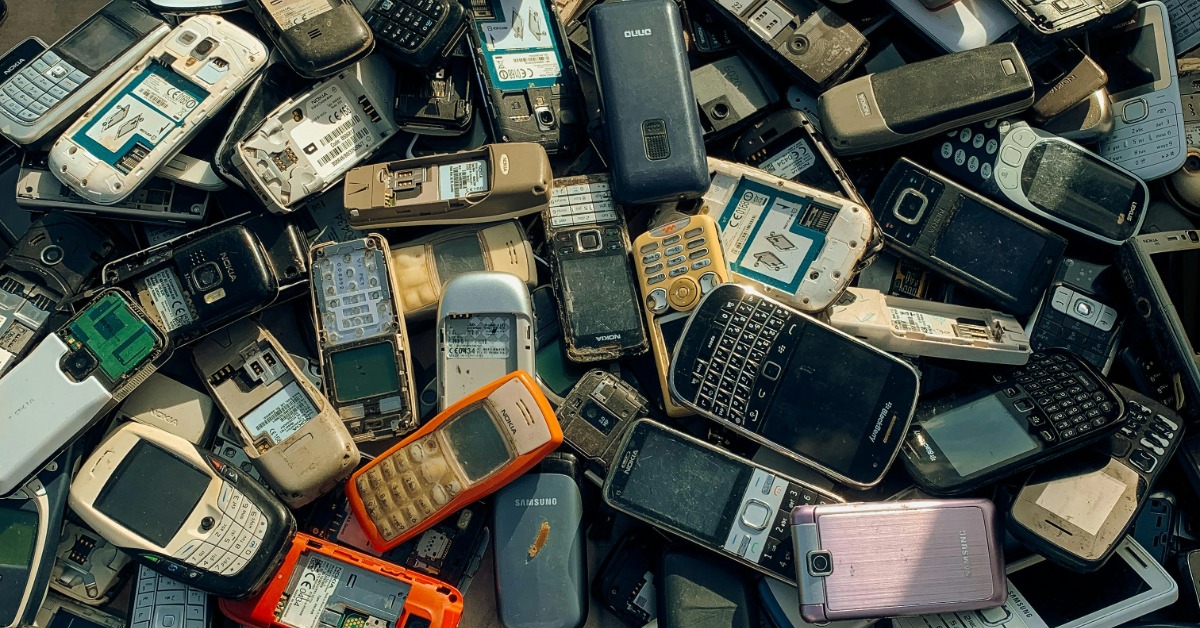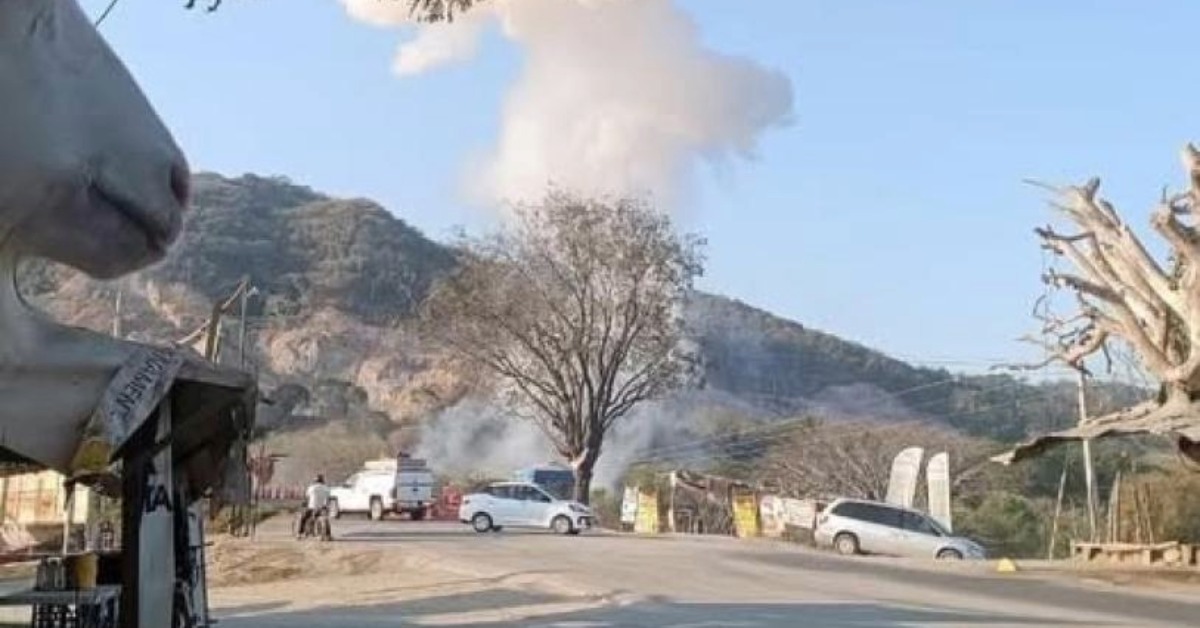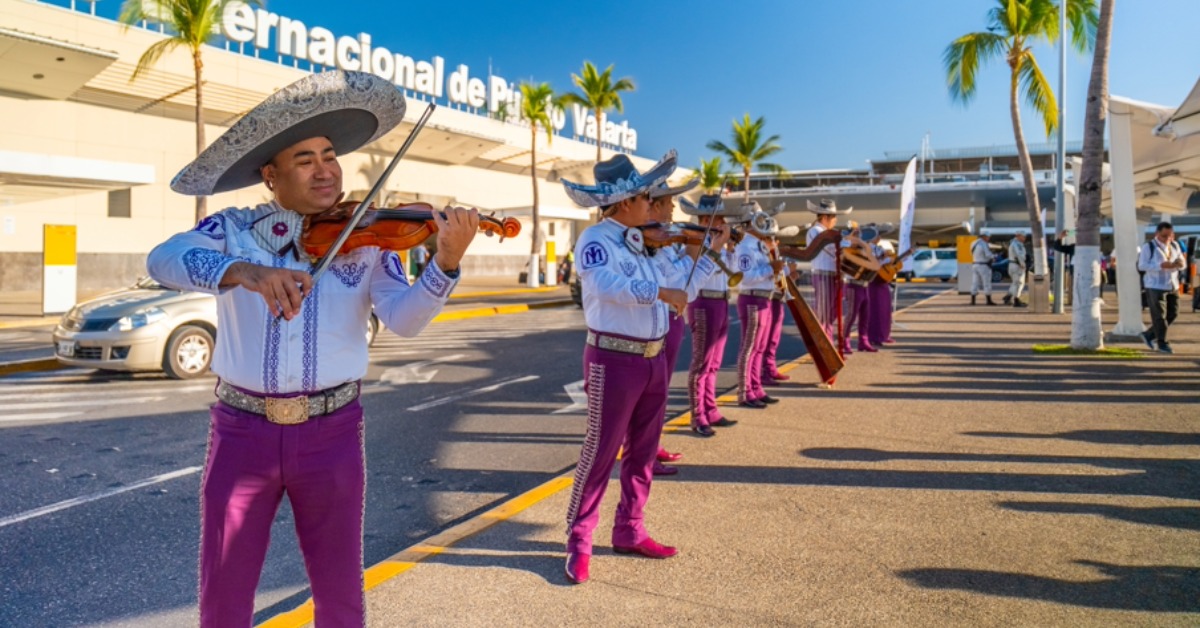On the morning of this Sunday, January 1, an armed group provoked a revolt in the State Center for Social Reintegration (Cereso) in Ciudad Juárez, Chihuahua, which caused a preliminary balance of 10 custodians murdered, in addition to some inmates who were killed, and around 30 prisoners escaped.
The mayor of Ciudad Juárez, Cruz Pérez Cuéllar reported that in preliminary information there are 14 dead, 10 of them guards and 4 inmates.
Citizens should be calm, although "if there is nothing to do on the street, you do not have to . . .






